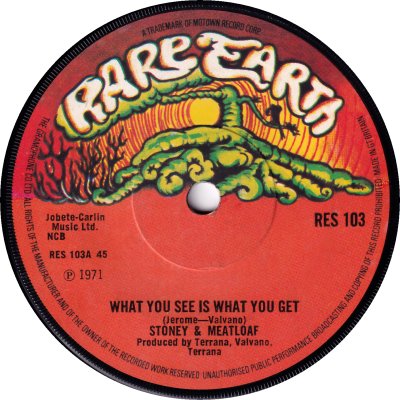
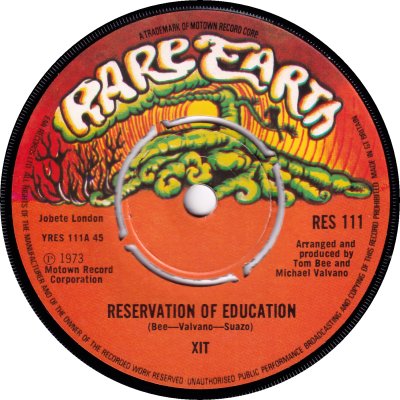
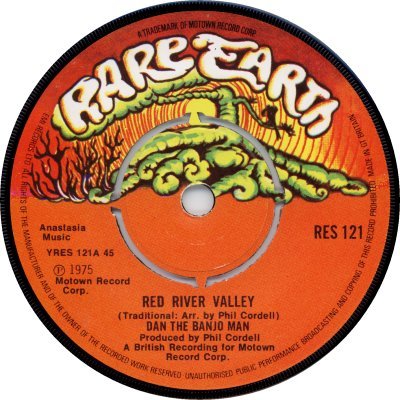
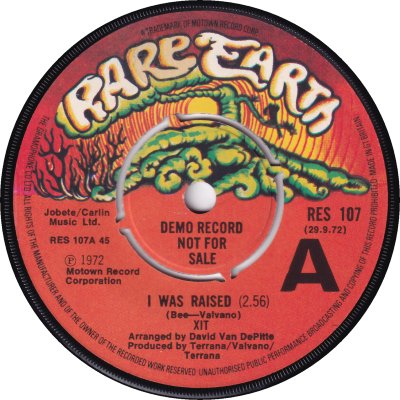
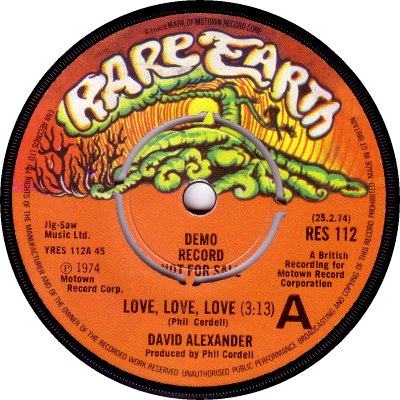
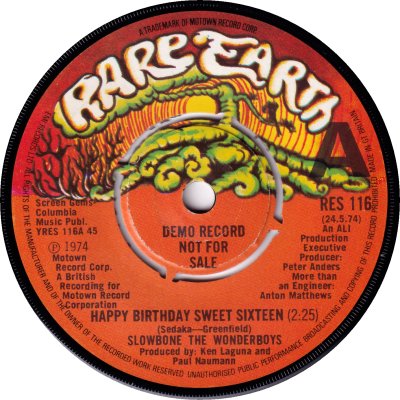
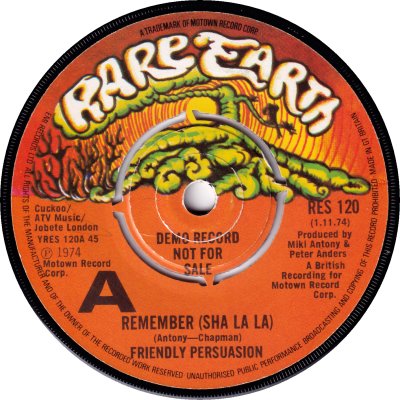
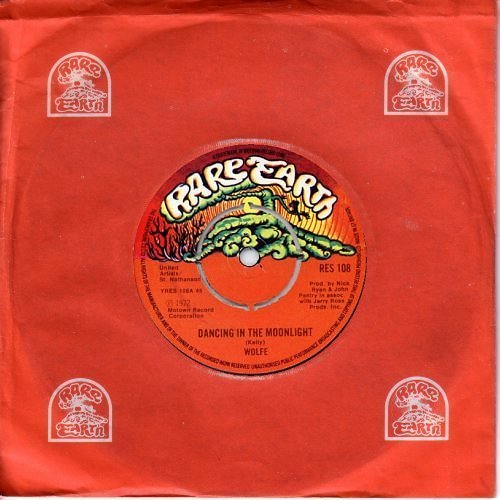
American, a division of Motown Records. Rare Earth was launched in 1969 in its native land, and was described in 'Billboard' of the 23rd of August as the means of Motown's attempt to diversify into 'whiter, lighter' markets. It lasted until 1976 over there, but after October 1973 it appears to have been used merely as an outlet for material by the band Rare Earth, and its functions were eventually taken over by the Prodigal label (q.v.). It achieved a measure of success in the States, particularly with the Rare Earth band, but never meant much on this side of the Atlantic. Its first mention in the British trade press came in 'Record Retailer' of the 26th of March 1969, which revealed that there was to be a new and as yet un-named label from Tamla in the USA; it wasn't expected to make its UK debut for some months. After five months had passed, 'RR' of the 30th of August said that the label, 'Rare Earth', was expected to be launched 'later this year'. The year ended and the new one began, but the launch failed to take place in either of them. 'RR' of the 12th of December 1970 claimed that the label was expected to take its first steps soon, with three LPs, but again the expectation was not met, and it was not until September of the following year that the first product appeared. In the meantime a few records which came out on Rare Earth in the States were issued on Tamla Motown here - one of them, R. Dean Taylor's 'Indiana Wants Me' b/w 'Love's Your Name' (TMG-763; 2/71), was a hit, reaching the No.2 spot in the Charts. 'RR' of the 4th of September 1971 reported that there had been a two-year hold-up in launching the label because of difficulties in obtaining trademark clearance. It added that Rare Earth had been formed by Motown in 1969 as a home for material that was unsuitable for the company's other labels.
Rare Earth was active over here from 1971 into 75, though it only put one single out in the latter year. It released more than twenty singles without cracking the Chart, though the first Dan The Banjo Man record, 'Dan The Banjo Man' b/w 'Everything Will Rhyme' (RES-110; 7/73), sold well and must have threatened to get into the Top 50. Interestingly (!) it ended up doing a different job to that done by its American counterpart. 'Music Week' of the 3rd of March 1973 reported that Motown had formed a new production company here to look for UK talent; the company hadn't been given a name at that time, but the artists that it signed would be the first British artists to sign directly to Motown. BB' of the 30th of June was able to say that the company's productions would be released on the MoWest (q.v.) label unless they were reckoned more appropriate to Rare Earth - as it turned out almost all of the MoWest UK productions would be by Phil Cordell, who also contributed four Rare Earth ones three under the alias of 'Dan The Banjo Man'. From that point singles with the additional text 'A British Recording For Motown Record Corporation' began to appear on the label, and American product, which had been its mainstay for the first couple of years, faded out. The final six Rare Earth singles were all of British origin. The few British-produced records which gained an American release were issued there not on Rare Earth but on Motown.
Catalogue numbers of Rare Earth singles were in a RES-100 series. The label design remained basically the same throughout, but there was a minor change in the perimeter text in August 1973 when the reference to 'The Gramophone Co.' at 10 o'clock (1) was altered to read 'EMI Records' (2) - a similar change took place on most of the EMI group labels at or around the same time. Some copies of RES-110 had the 'EMI' text, while others had the 'Gramophone' one; presumably the 'EMI' ones date from March 1974 when the single was re-promoted. As stated above, singles deriving from Motown's British production company have the appropriate text on the labels; it can be found in various positions (3, 5, 6, 7). Demo copies were overprinted in the usual EMI manner, though as space was restricted because of the size of the logo the black 'A' varied in size and position (4, 5, 7), even having to go over part of the logo on at least one occasion (6). There was a company sleeve (8) but later issues seem to have generally come in plain white sleeves. Manufacture and distribution were by EMI, as they were for parent company Motown at the time
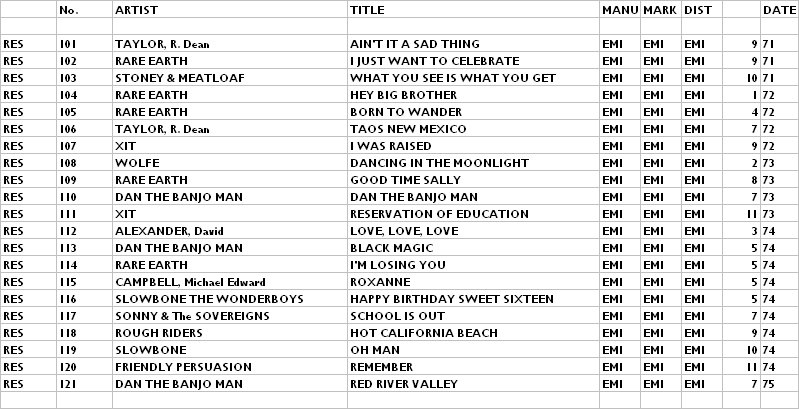


Copyright 2006 Robert Lyons.

